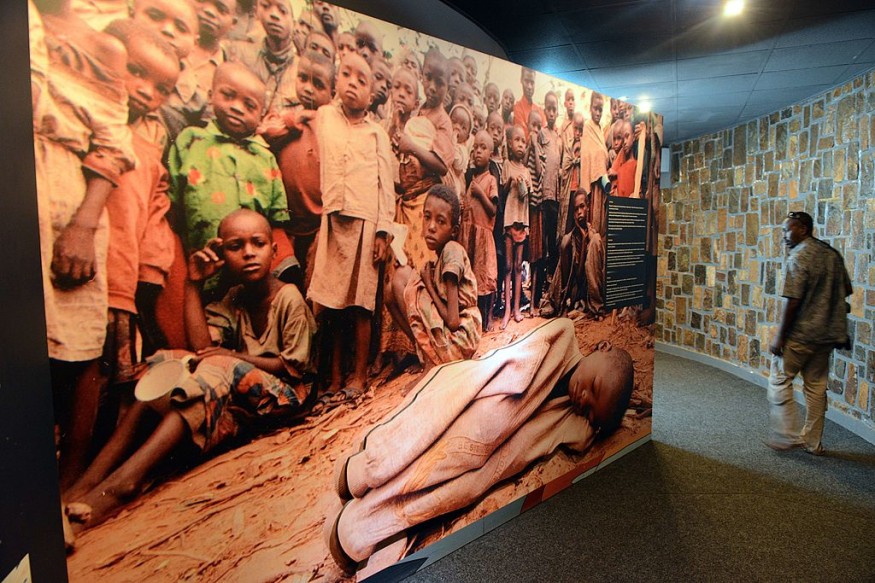Many memorials and monuments around the world have been put up through the years to commemorate important events, even if those events don't really evoke the most positive of memories. An example of which is the Kigali Genocide Memorial, which is located in Rwanda.

Inaugurated in 2004, the memorial commemorates the 1994 Rwandan genocide, which killed hundreds of thousands members of ethnic groups, particularly the Tutsis. While it is undoubtedly a dark period in Rwanda's history, it is also one of its major events. To learn about it is to learn about a crucial party of the country's history.
Should you plan on visiting the Kigali Genocide Memorial, here are things to keep in mind as you plan your visit.
Opening Hours
The Kigali Genocide Memorial is open every day from 9:00 a.m. to 5:00 p.m. However, there are certain exceptions to this. First, the memorial is closed on January 1 and December 25. It is also typically closed on the morning of April 7 as it is the start of Kwibuka.
Aside from this, the memorial follows different hours on the last Saturday of each month. On these days, it is open from 1:00 p.m. to 5:00 p.m. only.
Guided Tours
While you are more than welcome to enjoy a self-guided tour around the memorial, guided tours are likewise being offered. Guided tours can accommodate up to 20 participants.
Should you choose to have a self-guided tour, audio guides are available as well. You can learn more about the memorial's guided tours by clicking here.
Appropriate Behavior
Anyone visiting the memorial should not forget that it is considered the resting place of 250,000 victims of the genocide. Therefore, visitors are asked to behave as well as dress appropriately.
Given the sensitive nature of the genocide, children 12 years old and under are not allowed to visit the memorial. Pets, except for service animals, are likewise not allowed to enter.
Photography is not allowed inside the memorial. However, you are more than welcome to take pictures outside.
This article is copyrighted by Travelers Today, the travel news leader




